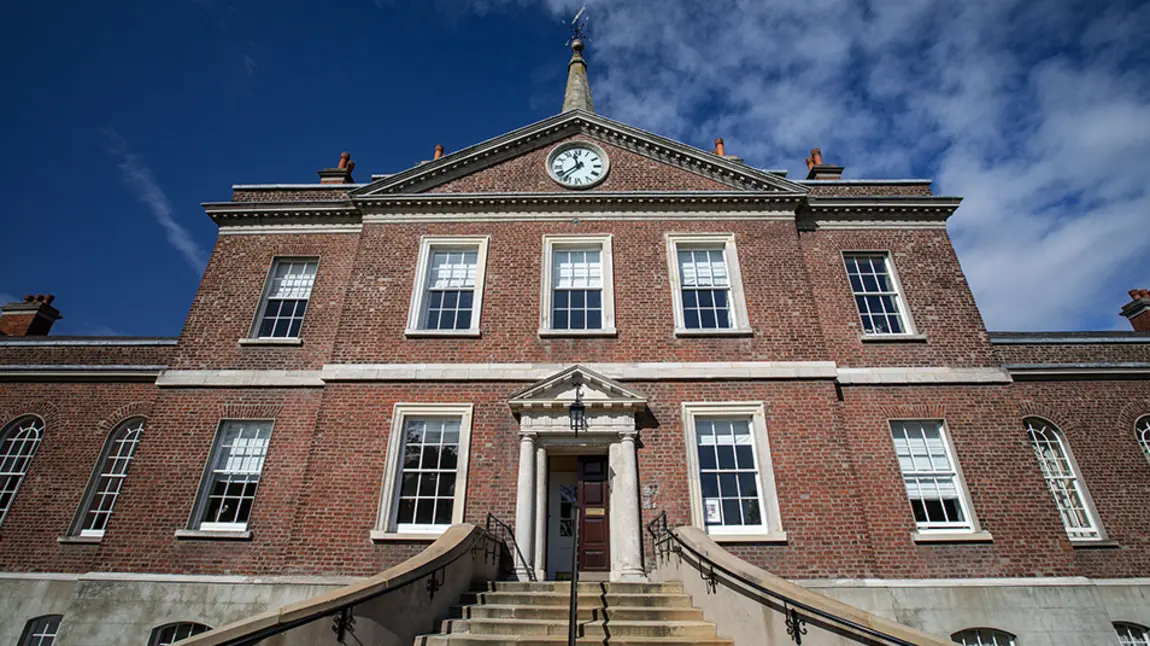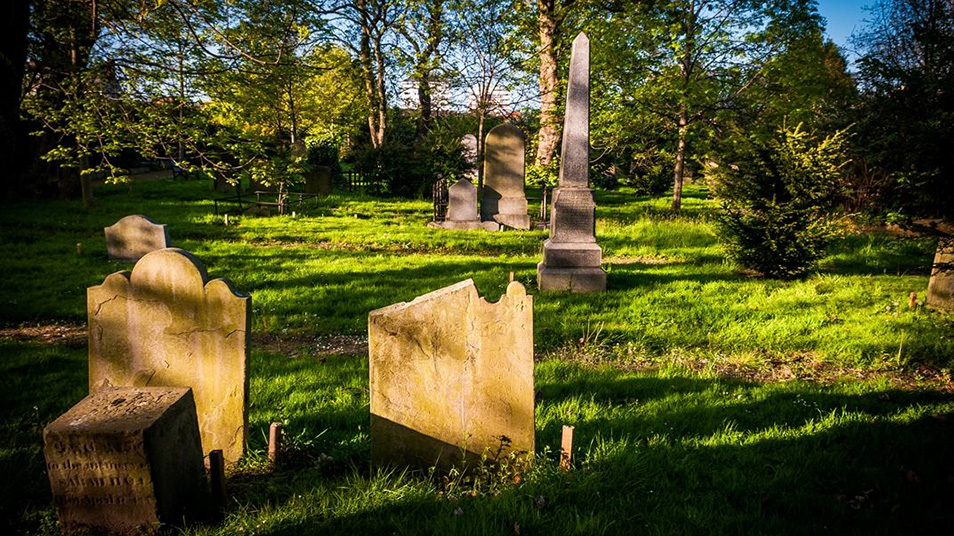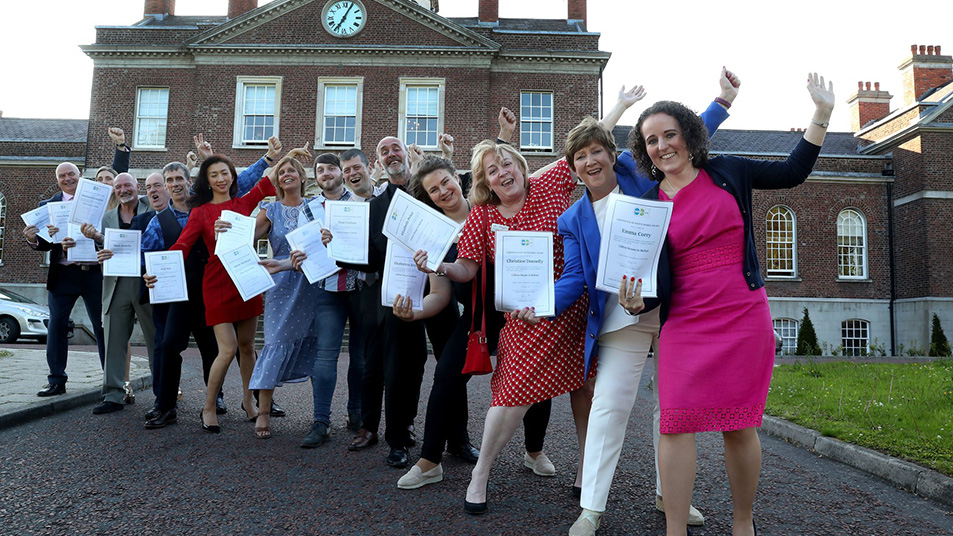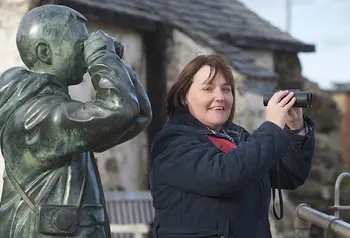Digital "lifeline" for Belfast's Clifton House

The fine Georgian building was forced to shut, and all events, tours and talks cancelled, when coronavirus (COVID-19) struck. The Belfast Charitable Society, which owns the building, was faced with a substantial loss of income.
But an £18,900 grant from our Heritage Emergency Fund is not only helping towards some staffing costs but also enabling the Society to deliver a weekly programme of online talks and develop two virtual tours. Soon, anyone, anywhere in the world, will be able to visit Clifton House from the safety of their own home.
"I hope that going digital will help us to bring the heritage of Clifton House, its founders and the people it served, to new audiences.”
Aaron McIntyre, Archive and Heritage Development Officer at Clifton House
Aaron McIntyre, Archive and Heritage Development Officer at Clifton House, said: “Although we have had to change our plans and ways of working dramatically, I hope that going digital will help us to bring the heritage of Clifton House, its founders and the people it served, to new audiences.”
Telling the story of Clifton House
Clifton House was opened in 1774 by Belfast Charitable Society, a collective of public-spirited citizens who came together to provide for the welfare of its people and shaped the early history of the city.
The building served as the city’s Poor House and first hospital, providing shelter and support for residents of the town in their time of need. Today, it is one of the finest examples of Georgian architecture in Belfast, and until the pandemic, was offering event space and public and private group tours.
Aaron has been involved in researching the Society and making its history more accessible since 2016. He had been welcoming more than 200 visitors per month, eager to explore the history of the building and nearby Clifton Street Cemetery.

A virtual programme
But coronavirus (COVID-19) put a halt to that, and Aaron and the Clifton House team have had to rise to the challenge of telling the stories of the building and the people of Belfast in new ways.
“Our White Badge guides – previously trained thanks to The National Lottery – are now busy carrying out research, using the archives to produce blog posts and articles for the website, which has brought new and exciting historical information to life and expanded everyone’s knowledge. And many of our 14 volunteer guides will be involved in delivering our new virtual programme, too.”
"We have moved to a different way of delivery, which in the longer term may be more beneficial to us. It’s enabled us to be innovative, enterprising and agile."
Paula Reynolds, Belfast Charitable Society CEO
Clifton Hall’s first virtual session attracted 75 people. Subsequent sessions have seen an increase in public engagement of over 200% on this time last year.

Paula Reynolds, Belfast Charitable Society CEO, said: “The Heritage Emergency Fund support is a lifeline for Clifton House both during the crisis and in helping us recover.
“It has allowed us to stop and think how best we can keep these services going. We have moved to a different way of delivery, which in the longer term may be more beneficial to us. It’s enabled us to be innovative, enterprising and agile – I believe these are the same traits our own founding members had in building and managing Clifton House and why it is still here nearly 270 years later!”
Supporting heritage during the coronavirus (COVID-19) pandemic
Have you applied for support yet?
The National Lottery Heritage Fund is committed to helping the heritage sector through this crisis.
Our £50million Heritage Emergency Fund is open until 12noon on 31 July for grants from £3,000 - £250,000. We want to support as many organisations as we can. Submit an application before the deadline so we can help your organisation too.
Additional support includes:
- Digital Skills for Heritage: increasing sector skills and confidence to bring heritage to more people
- maintaining our financial commitment to all of our 2,500 existing projects
- help and advice from our UK-wide teams


